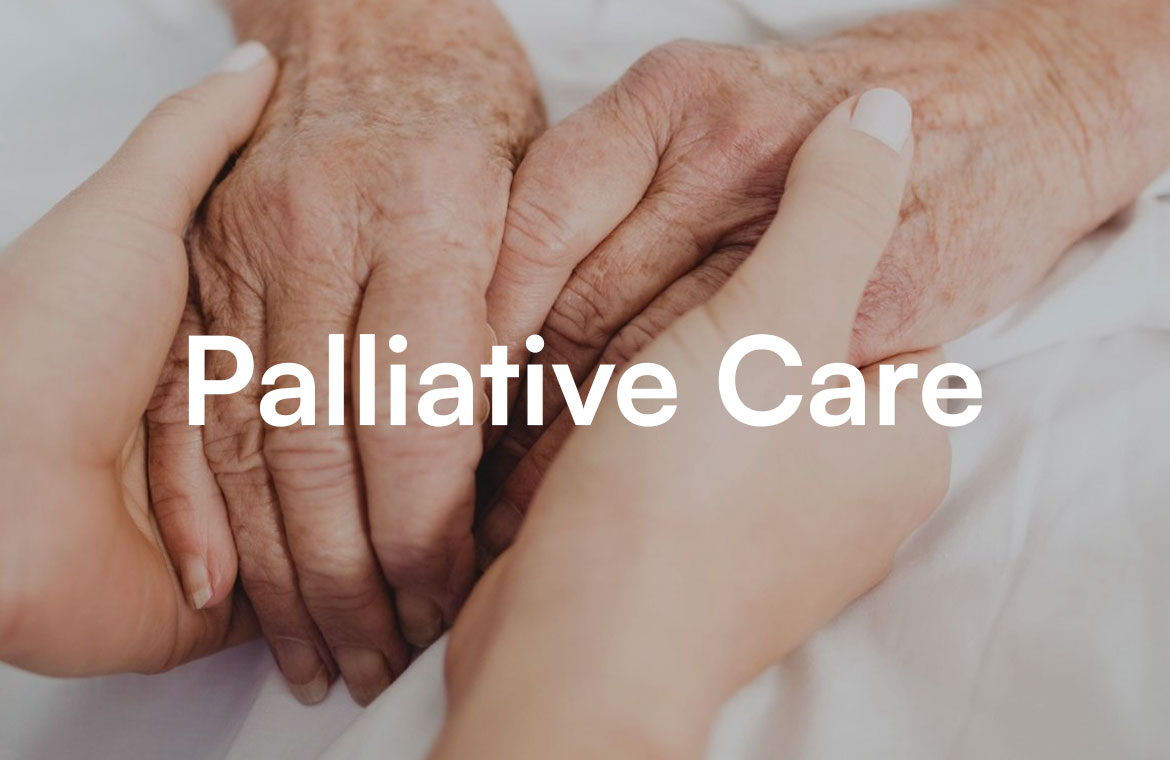Today, I met Mrs Padma, the Village Health Nurse (VHN) who had been working in a small subcentre near Villupuram. It had been seven years since we last met. When she walked into the hospital with a child needing a referral for a VSD (ventricular septal defect), an unknown feeling of happiness and a gentle smile erupted on my face. As we spoke, I found myself reflecting on how much Padma had unknowingly influenced my career path—and how much I had learned from her during my internship.
Back when I was doing my internship in Community Medicine, I was posted in Mobile medical unit of Vikravandi Primary Health Centre, Villupuram. From our PHC, we used to go for school health visits (RBSK) and Mobile Medical Unit (MMU) visits. The Kedar village, where I was stationed in a mobile medical unit, nestled below the hill lines, was a serene rural heaven. My Mobile Medical Unit van would make the winding journey through this breathtaking landscape, three times a week. The journey to reach it was as captivating as the destination itself—twisting roads flanked by lush green farms, with cattle lazily grazing in the fields. The landscape was serene, and the cool breeze from the hills added an ethereal touch to the entire experience., It was a brief stop for me, one with no great expectations, as I had little intention of getting deeply involved in the day-to-day lives of the villagers. For me, as an intern, the visits felt like an adventure. I would stay for just a few hours and leave, focusing mostly on routine medical work.
One vivid moment was when Mrs. Padma and I helped a young, anaemic pregnant woman—I’ll call her Meera, as I don’t recall her name. Her family was steeped in tradition and deeply mistrusted modern medicine. Despite repeated counselling, Meera refused iron supplements, rejected iron sucrose injections, and dismissed vaccinations. Her entire family firmly supported traditional methods over modern care.
But Mrs. Padma… she wasn’t one to give up easily. She had seen it all in her years of service, and she knew that the most crucial part of her job wasn’t just administering medications—it was earning the trust of the people she served. With each visit, Padma poured her heart into building that trust. I watched Padma’s emotional resilience firsthand as she would visit Meera’s home time and again. She will ask the driver to stop at Meera’s place every time we cross their home and counsel her. She never got frustrated, even when it seemed like Meera’s family would never listen. Padma had seen many women suffer from preventable complications due to a lack of proper prenatal care. She had witnessed the devastation, the pain, and the loss. So, every time she visited Meera, her heart ached, knowing that if Meera’s health worsened, it could all have been avoided. Yet, Padma stayed calm, and with each word, each gesture, she planted seeds of trust, hoping that one day, Meera would understand. And then, the worst happened.
The day of Meera’s delivery was nothing short of terrifying. Her body, weakened by iron deficiency, struggled under the pressure of labour in the small PHC. I remember watching Padma’s face, a mixture of concern, determination, and quiet strength. She coordinated with the doctors, referred her to the Villupuram GH by an ambulance with the help of our MO. The MO organized the blood transfusion, and ensured that everything was in place. The Obstetricians and the Physicians worked together to save the patient. The family members of Meera witnessed everything alongside me. I could see the emotional toll it was taking on Padma and the family members. It was a battle to save a young girl’s life, a life she had worked so hard to protect.
In those moments, I saw Padma’s heart laid bare. She wasn’t just saving Meera; she was fighting for her community, for every woman who had ever been afraid to seek help, for every child who needed a healthy mother. When Meera was finally stable, Padma stayed by her side. She comforted Meera, holding her hand and letting her know that it was okay to learn from this. And it was through Padma’s unwavering belief in her that Meera found her voice. Meera began to share her story with others, warning them of the dangers of neglecting prenatal. Meera’s transformation wasn’t just about health; it was about empowerment.
It was moments like these—when everything hung in the balance—that taught me the true essence of community medicine. Padma showed me that change doesn’t happen overnight. It requires patience, commitment, and the ability to withstand setbacks without losing hope. I realized that behavioural change in a community, especially one steeped in tradition, is never immediate. It takes time and continuous effort. The change, as Padma taught me, always starts with a single person, a single step—and little drops make an ocean.
Reflecting on our conversation today in the hospital, I now fully understand how much Padma’s approach has shaped my own journey. Her self-resilience in the face of constant resistance, her ability to persist in her work even when the results seemed uncertain, taught me that true change begins at the grassroots level. She taught me the power of leading by example, showing up day after day, despite the challenges, and trusting that each effort would eventually bear fruit. Today, as I continue my own work in public health, I carry her lessons with me. The positive transformation of a community begins with small, consistent actions by the individuals who care.




